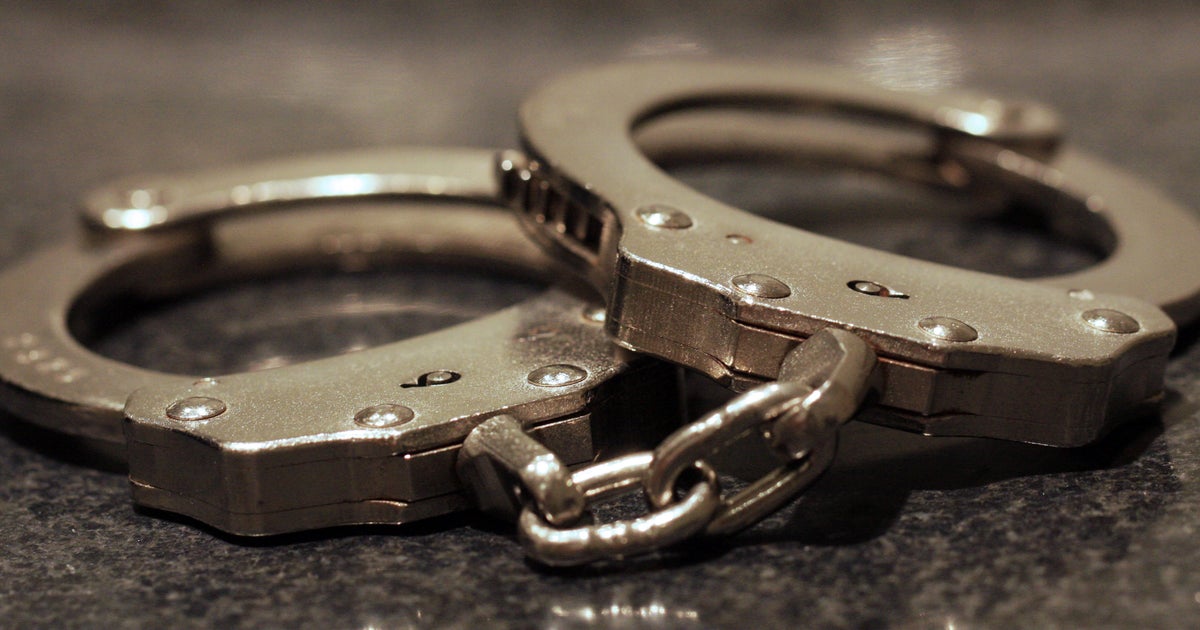Mother of Izaiah Carter, teen shot near Patterson High, speaks on youth violence
BALTIMORE — Michelle Hines, the mother of slain teen Isaiah Carter addressed a panel of city leaders on Thursday, speaking about the concerns of violence among Baltimore City students.
Related Coverage:
- Community says final farewell to Izaiah Carter, teen shot near Patterson High
- 'My son is gone': Mother questioned security measures weeks before Patterson High student's death
Hines said that since her son was killed, she's devoted herself to advocating for change. "I felt like every time I see another child or go to the store or see a campus because we have a lot of colleges here, I'm missing out on that experience. I don't get to engage in those kinds of activities anymore," Hines said.
Hines asked city leaders what they are doing to improve security in Baltimore City schools, what action is currently being taken, and how parents can get involved. "How can I know that when my children go to school, they're going to be safe?," she asked.
Commissioner Michael Harrison said the Baltimore Police Department is collaborating with school police to gather intelligence, and prevent crimes before they occur. He also added that the prospect of adding a layer of security beyond school police is not off the table - provided that the city has enough resources.
"It's always about how much can you put in a certain place for a certain period of time. And it's about do we know when something is about to happen? Most times we don't. It is hard to anticipate when somebody is going to make the decision to go to a place and do a bad thing," Harrison said.
Mayor Scott cited several programs that he said the office is currently prioritizing, such as the Safe Passage program, which will ensure adults from the community are involved in violence intervention. Scott also said the city is kick-starting a Sidestep Youth Diversion program.
Scott also reiterated his intent to stop violence by looking at all elements that contribute to a person deciding to commit crimes. He said this means talking with students consistently to build support in 'deeper ways', and also increasing support for schools in city government.
"This is generational stuff that we're dealing with, and nobody who lives in Baltimore who's lived here for more than 10 years believes that this just showed up out of nowhere. We have to work on these with things deeply and together so that no one has to go through what you and your family is going through," Scott said.



